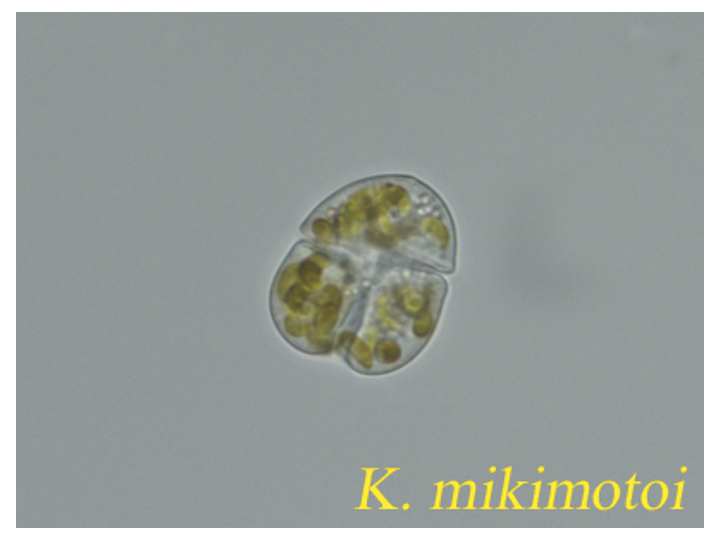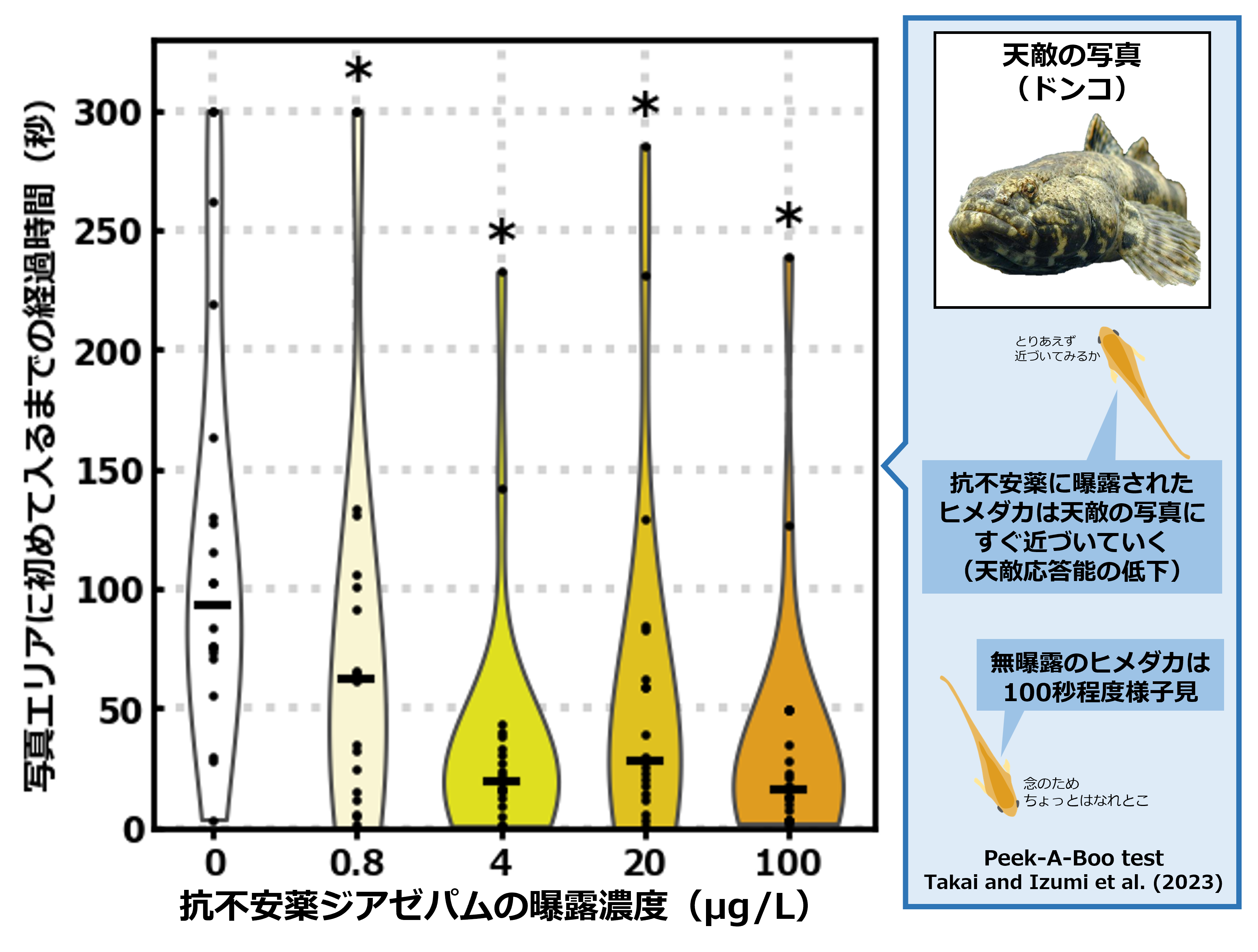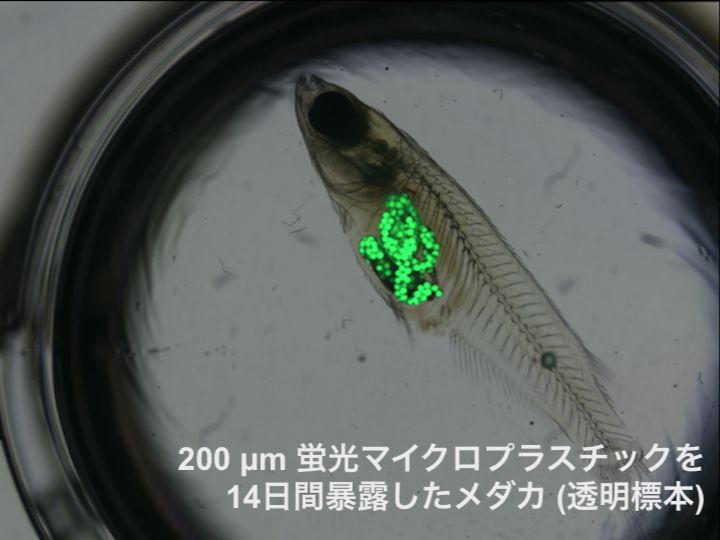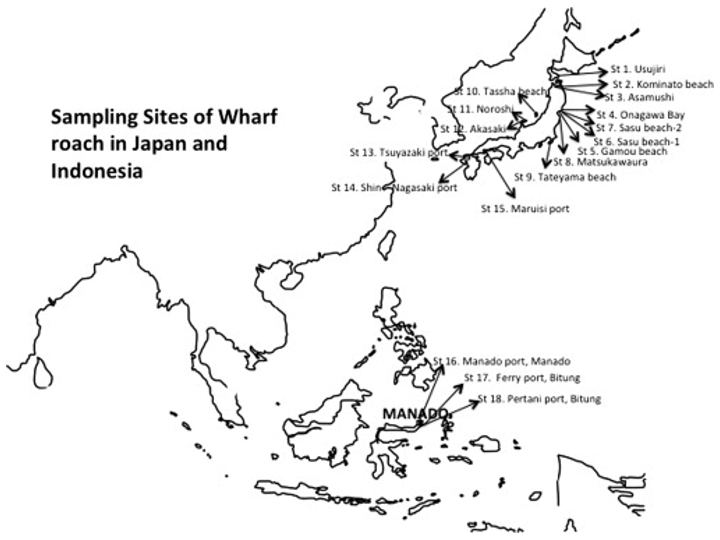Overview of Marine Environmental Science Laboratory
The Marine Environmental Science Laboratory was established in 1978 (Kyushu University, Fukuoka, Japan). Since then, our aim has been to restore aquatic environments damaged by human activities. We have been addressing various environmental issues occurring in aquatic environments.
Currently, our research focuses on two main pillars: "Understanding the mechanisms of harmful algal blooms, which cause significant damage to fish and developing measures to mitigate their impact" and "Assessing the effects of environmental pollutants (chemical substances, microplastics) on aquatic organisms and considering measures to address them".
Students Recruitment
We welcome students who are interested in environmental issues in aquatic environments and aspire to study in our laboratory with the aim of making significant contributions to society.
| Bachelor |
Through graduation thesis research, you will acquire the knowledge and skills necessary to thrive independently in society. |
| Master |
Through master's thesis research, you will develop the expertise needed to succeed independently in society. During your study, the study goal is to present your research at a academic conference (once, in Japan) and submit an article to an academic journal (one publication). |
| Ph. D. |
Through doctoral thesis research, you will acquire the knowledge and skills to contribute to society through your own research. During your study, the study goal is to present your research at domestic academic conferences (in Japan) and at international conferences and submit your studies to international journals (two publications). |
Information about Admission
The informations about admission is decribed here (Undergraduate school of Kyushu University, Graduate school of Kyushu University).
If you would like to know more, please contact Yohei SHIMASAKI (simasaki@agr.kyushu-u.ac.jp) or Yuki TAKAI (ytakai@agr.kyushu-u.ac.jp).
Main Research in Our Lab
Ecology and Toxicity of Red Tide Algae (Harmful Algal Blooms, HABs)

In the aquaculture sector, red tide presents a significant challenge, causing annual damages ranging from hundreds of millions to tens of billions of yen in ports near Fukuoka alone. Red tide stems mainly from sea eutrophication, fostering abnormal phytoplankton growth. These events can lead to fish suffocation or mass mortality due to phytoplankton clogging gills or producing toxins. Hence, there's a pressing need for red tide prediction and mitigation measures. Our research lab monitors phytoplankton in marine areas and studies red tide-causing algae like Raphidophyte Chattonella, Diatom Thalassiosira, and Dinoflagellate Karenia. We investigate their toxicity to fish using omics and behavioral analyses.
Development of Toxicity Assessment Method

Various chemical substances, like pesticides and pharmaceuticals, are found in aquatic environments due to human activity, posing risks to aquatic organisms. Traditionally, toxicity assessments relied on mortality, but attention has shifted to 'ecological death' where behavioral changes indirectly lead to mortality. Our lab pioneers this concept, aiming to apply 'ecological death' as a toxicity indicator. We focus on medaka fish, developing methods to quantify responses to predators, shoaling, and aggression. These behavioral assessments offer a more holistic approach to evaluating chemical toxicity, beyond mortality alone.
Combined Toxicity of Chemical Substances and Microplastics

In aquatic environments, microplastic pollution, particles smaller than 5 mm, poses a significant concern. Microplastics are divided into primary (manufactured) and secondary (degraded) categories, both capable of adsorbing chemicals. Despite this, much remains unclear about their toxicity and impact on organisms. Hence, our lab investigates the combined toxicity of chemicals and microplastics through exposure experiments, behavioral and omics analyses, alongside analytical chemistry and mathematical modeling. By comprehensively assessing their effects, we aim to better understand and address the environmental implications of microplastic pollution.
Environmental Monitoring

In addressing environmental challenges, the environmental monitoring is essential, especially in coastal areas where river inflows and ocean drift contribute to pollution. Our lab focuses on using wharf roaches as pollution indicators: widely distributed globally, their scavenging behavior earns them the title 'cleaner of the sea'. By monitoring them, we can assess pollution across wide coastal areas. We conduct ongoing research to refine this monitoring method, advancing our understanding and management of coastal pollution.



